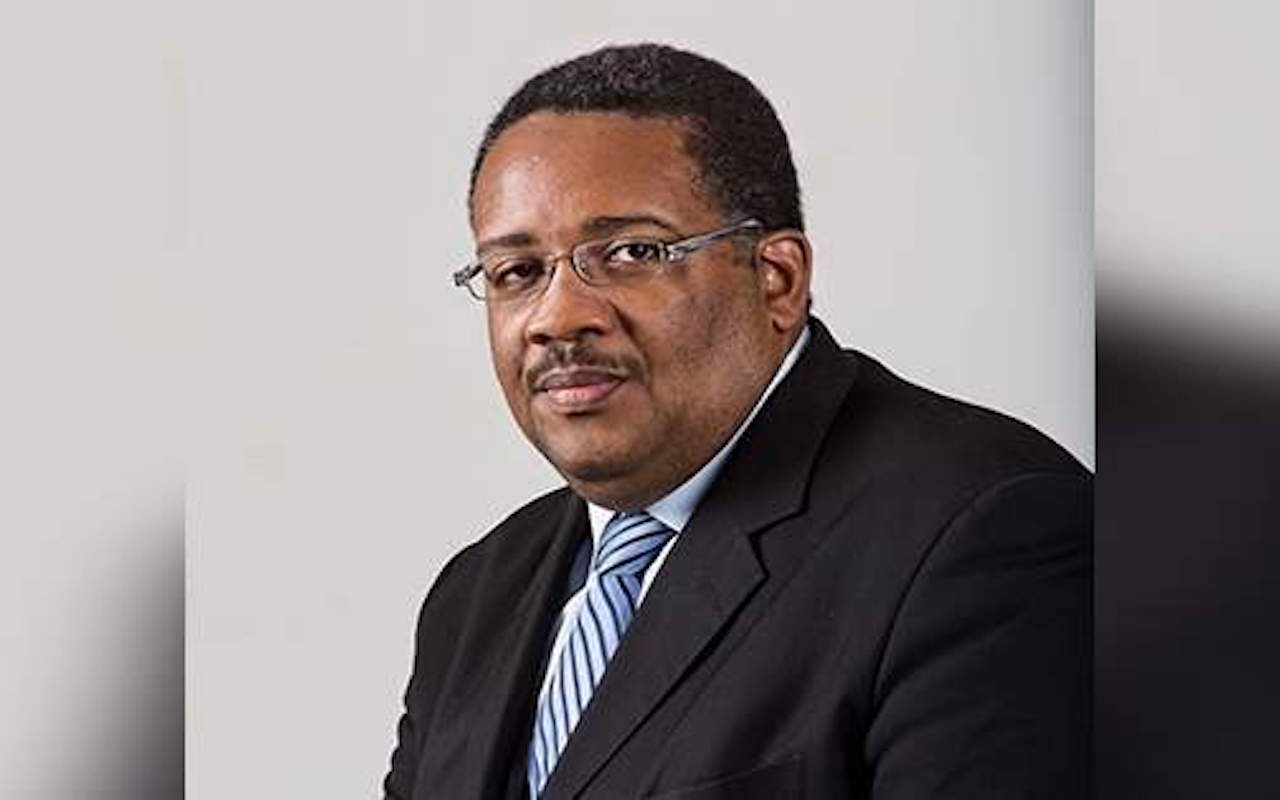by Randy Bennett
Islands in the Caribbean can brace for continued climate changes.
That was the position taken in the State of the Caribbean Climate Report and disclosed by Professor Michael Taylor during a virtual launch this morning.
Taylor, the Dean of the Faculty of Science and Technology and Director of the Climate Services Group at the University of the West Indies Mona Campus, explained that the report was prepared in an attempt to strengthen the strategic planning and decision-making processes that will be required to accelerate resilience building efforts in the Caribbean.
It was funded in a collaborative effort by the European Union and the Caribbean Development Bank and prepared by officials from the University of the West Indies, the Caribbean Institute for Meteorology and Hydrology and the Institute and the Instituto de Meteorologia out of Cuba.
In disclosing the details of the comprehensive report which has 11 chapters, 175 pages and features 31 authors, Professor Taylor said it had shown that climate in the Caribbean had already began to change and was expected to continue to do so.
He said the frequency of Category 4 and 5 storms in the region over the past four years was a stark reminder of some of those changes.
Professor Taylor said climate was also changing the lives of people in the Caribbean.
As a result, he said, there needed to be a change of mindset in the region.
“As a Caribbean region we know enough now to know that we can’t sit by and do nothing. This report makes a case as well that our climate does demand that we change our attitude, our approach and how we adapt to climate,” Professor Taylor noted.
Vice-chancellor of the University of the West Indies, Sir Hilary Beckles described climate change as the biggest challenge to the region.
Saying that climate action was “imperative”, Sir Hilary called for increased education and funding, especially in the wake of the impact which the ‘Triple Cs’; climate change, COVID-19 and chronic diseases, were having on the region.
“The university is calling on development partners to increase the investment in higher education and research as we intensify our collective efforts at applying research and innovation to provide solutions to personal development concerns facing the Caribbean such as climate change, COVID-19 and chronic diseases because they are all interlocked, all inter-related,” Sir Hilary said.
“I can think of no better argument as to why our multilateral partners should not be investing even much more than they have been in the past, especially in this context and in these areas of climate change and how climate change is related to chronic diseases and of course the impact of the COVID-19 pandemic.” (randybennett@barbadostoay.bb)




